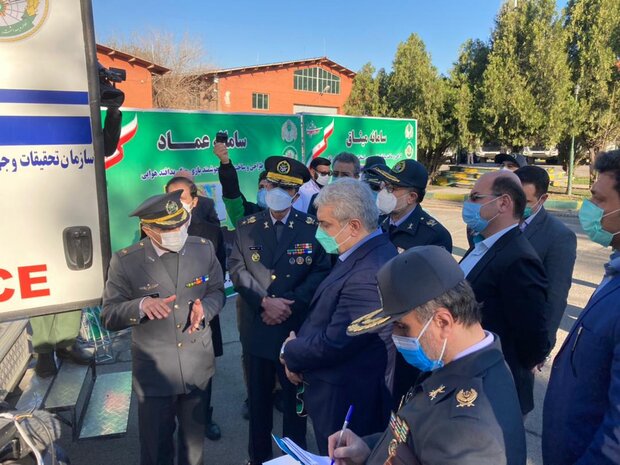AhlulBayt News Agency (ABNA): The United Nations’ World Food Programme (WFP) says 95 percent of people in Afghanistan “do not have enough to eat,” as the United States has frozen Afghan government assets worth billions of dollars and international sanctions against the ruling Taliban have plunged the Asian country into a full-blown economic crisis.
On Saturday, the WFP Asia Pacific warned on its official Twitter account that “hunger continues rising in Afghanistan” and that “95% of the population don't have enough to eat.”
It further said that back in January, “8 in 10 income-earning households experienced a significant decrease in income, w/ #Kabul hit the hardest. Worse still, some were forced to brave the cold month w/ no income at all.”
Since the Taliban takeover of Afghanistan in August last year, unemployment levels have also increased throughout the country, leaving parents unable to provide food for their families. The direct result has been a surge in malnutrition, producing a dramatic rise in pneumonia in children.
The Taliban, who had previously ruled Afghanistan from 1996 to 2001, announced the formation of a caretaker government on September 7. However, no country has yet recognized their rule. Since then, the Taliban have been struggling to contain a deepening economic crisis, which has also affected the already fragile banking system in the country.
The UN says that Afghanistan, which is already suffering from high poverty levels, is facing “one of the world's worst humanitarian disasters.”
On Thursday, the WFP said that “with each passing month, new waves of people are turning to drastic measures to feed their families in Afghanistan.”
It added that about two-thirds of all people in Afghanistan - “66% - are now resorting to crisis coping strategies - up from 58% in Dec 2021, & 11% before 15 Aug.”
Afghanistan's economic freefall threatens to leave more than 95 percent of the population living in poverty. The interim government of the Taliban has repeatedly called for the release of frozen assets, but Washington has continued to rebuff the calls.
Earlier this week, US President Joe Biden issued an executive order authorizing the release of half of the $7 billion in frozen Afghan funds held in the US for humanitarian aid to be made available for a possible payment to victims of the September 11 attacks.
The move drew an angry response from the Taliban, who described the seizure as "theft" and a sign of the US's "moral decay."
They also warned Washington that they would be forced to reconsider their policy toward the US if it refused to free Afghanistan's assets.
Afghanistan has about $9 billion in assets overseas, including the $7 billion in the US. The rest is mostly in Germany, the United Arab Emirates, and Switzerland.
The US had announced the freeze days after the Taliban took over power in the country. Ever since, the Taliban have warned of dire economic consequences, and Afghan banks say they are facing a money shortage.
The UN also warned in October last year that without financial aid or humanitarian relief, Afghanistan is on a “countdown to catastrophe.”
UN agencies have predicted near-universal poverty in Afghanistan, with almost three-fourths of the population reliant on food and other aid.
...........................
End/ 257
source : PressTV
Sunday
20 February 2022
5:13:01 AM
1231337

The United Nations’ World Food Programme (WFP) says 95 percent of people in Afghanistan “do not have enough to eat,” as the United States has frozen Afghan government assets worth billions of dollars and international sanctions against the ruling Taliban have plunged the Asian country into a full-blown economic crisis.
